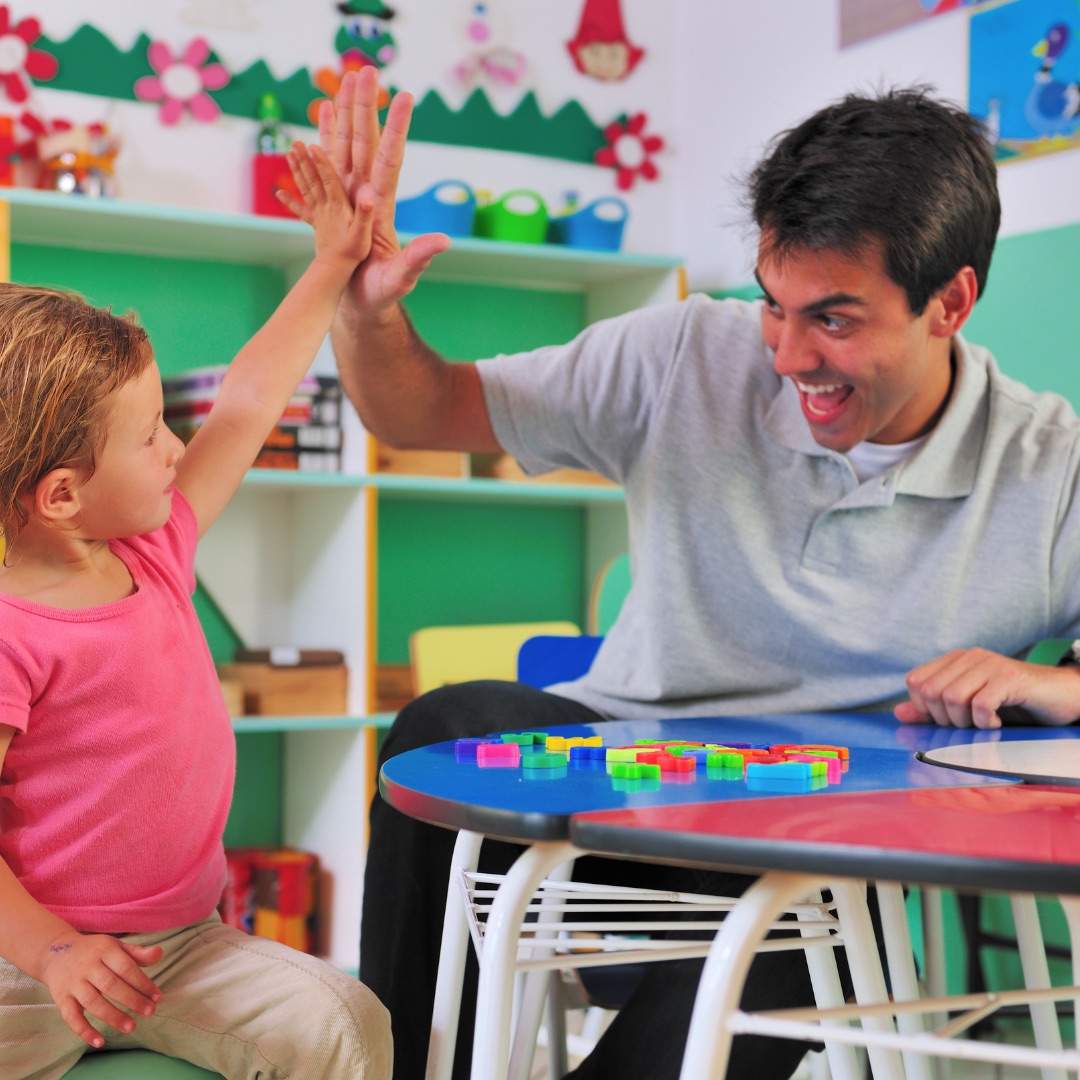
There is a growing appreciation that emotional intelligence is more than a wish list of optimal social skills. Emotional intelligence is a set of competencies that enable you to understand and manage your own emotions and those of others—a critical prerequisite to lifelong learning, relating and relationships, and personal and professional growth.
But perhaps the greatest life enhancement of emotional intelligence is mental health. This is because an early, thorough foundation in the key skills of emotional intelligence has a positive impact on the developing parts of the brain that contribute to well-being.
During the earliest years of a child’s life, the brain is developing faster than any other point in life, by a longshot. At birth, a baby’s brain contains 100 billion neurons—almost all the neurons the brain will ever have—with more than a million neural connections forming per second. Neural pathways are being wired by the stimulation and repetition of daily experiences. Children develop within the context of their relationships, and it’s the responsive, empathic, and emotionally attuned interactions between child and significant adults in their world that stimulate these neural connections, and in turn, build these capacities. In short, consistent positive life experiences with teachers, family, and caregivers help develop the neural pathways, and set the healthy patterning of the of the brain’s architecture, determining who they are becoming before they can even say their own name.
1. Heightened self-esteem
Part of self-awareness is having the autonomy to make accurate assessments of one’s own strengths, and come away confident of one’s self-worth and capabilities. When a child recognizes, understands, and manages their own emotions and those of others while facing academic or social challenges, they experience an enhanced and positive sense of self—the solid foundation for future wellness and mental health.
The ability to self-regulate, developing awareness and patience, is one of the essential skills that help mitigate the achievement gap and opportunity gap.
2. Developing empathy
Empathy is the measure of considering the viewpoints of others, and understanding their reasons for feeling or acting the way they do. It involves taking their feelings into account when considering how to respond to them. Empathy is a critical piece in recognizing the differences and similarities between ourselves and others—hair color, skin color, religion—and appreciating that emotion is the language we all share.
3. Building self-regulation
Self-regulation is the ability to manage your emotions, behavior and thinking in relation to the demands of the situation. It includes being able to resist strong reactions in the heat of the moment, to calm yourself down when you get upset, to adjust to a change in expectations, and to handle frustration. Being able to regulate emotion enables children to direct their own behavior towards a goal, despite the unpredictability of the world and our own feelings—and have a positive sense of self with resilience when things don’t go as planned. The ability to self-regulate, developing awareness and patience, is one of the essential skills that help mitigate the achievement gap and opportunity gap.
4. Enhancing capacity for critical thinking and problem-solving
The ability to access emotions on demand is important for problem-solving. This skill allows children to view a situation, consider the possible solutions or outcomes from varying perspectives, and then use these perspectives to come to a solution. Accessing emotions on demand also gives them the ability to use emotional forecasting, useful in two ways: by preventing us from taking inappropriate action on something negative, and by motivating us to take appropriate action on something positive. Also: When children have the tools to manage intense emotions, including stress and frustration, their brain’s resources are better able to perform important executive function skills such as listening, concentrating, solving problems, and resolving conflicts.
5. Strengthening character and moral development
Children develop in context of relationships, and their earliest learning is a result of experiences with significant adults in their world. When these adults are observed managing their own emotions well—and being responsive to and supportive of the emotions of children in their care—they model behavior for children to internalize, and emulate. Over time, repeated exposure to positive behaviors, and reinforcement for their own positive behaviors, are critical in forming a child’s character.
These Posts on Emotional Intelligence
Housman Institute, LLC
831 Beacon Street, Suite 407
Newton, MA 02459
info@housmaninstitute.org
(508)379-3012
Explore
Our Products
Legal
Connect
Contact
Join our Mailing List!
Subscribe to receive our newsletter, latest blogs, and ECSEL resources.
We respect and value your privacy.
No Comments Yet
Let us know what you think